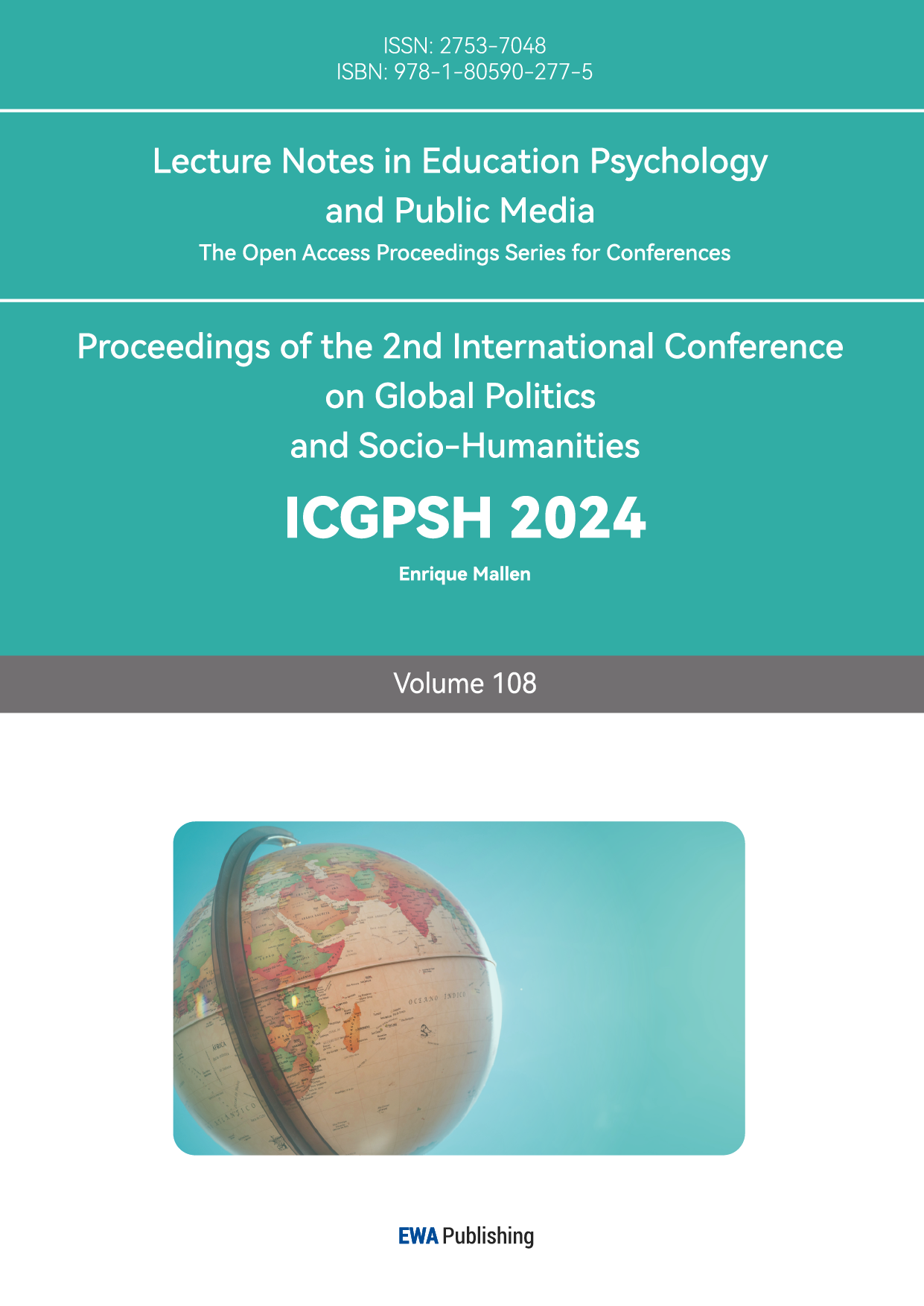References
[1]. Schmidt, L. A., Brook, C. A., Hassan, R., MacGowan, T. L., Poole, K. L., & Jetha, M. K. (2023). iGen or shyGen? Generational Differences in Shyness. Psychological Science, 34(6), 095679762311638-095679762311638. https: //doi.org/10.1177/09567976231163877
[2]. Kim, Y., Hsu, S.-H., & de Zúñiga, H. G. (2013). Influence of Social Media Use on Discussion Network Heterogeneity and Civic Engagement: The Moderating Role of Personality Traits. Journal of Communication, 63(3), 498–516. https: //doi.org/10.1111/jcom.12034
[3]. Seidman, G. (2020). Personality Traits and Social Media Use. The International Encyclopedia of Media Psychology, 1–9. https: //doi.org/10.1002/9781119011071.iemp0295
[4]. Correa, T., Hinsley, A. W., & De Zúñiga, H. G. (2010). Who interacts on the Web? The intersection of users’ personality and social media use. Computers in Human Behavior, 26(2), 247–253. https: //doi.org/10.1016/j.chb.2009.09.003
[5]. John, O. P., & Srivastava, S. (1999). The Big Five trait taxonomy: History, measurement, and theoretical perspectives. Psycnet.apa.org. https: //psycnet.apa.org/record/1999-04371-004



